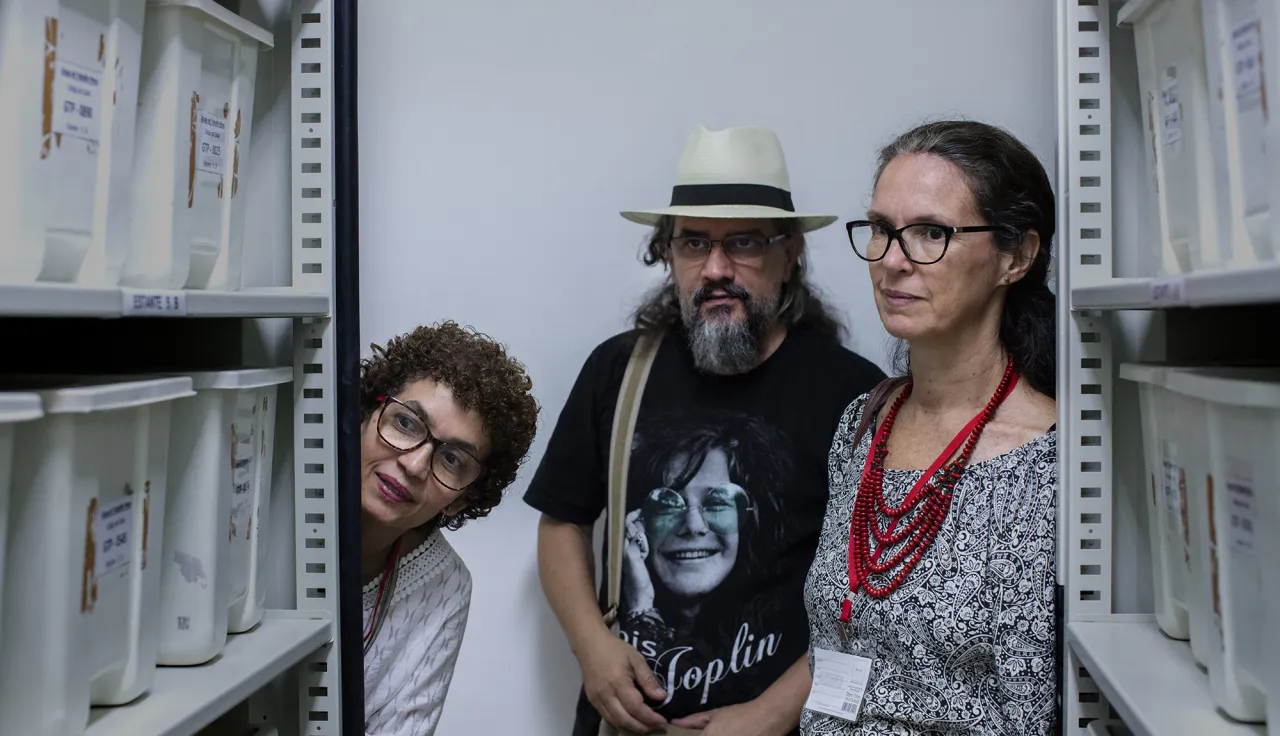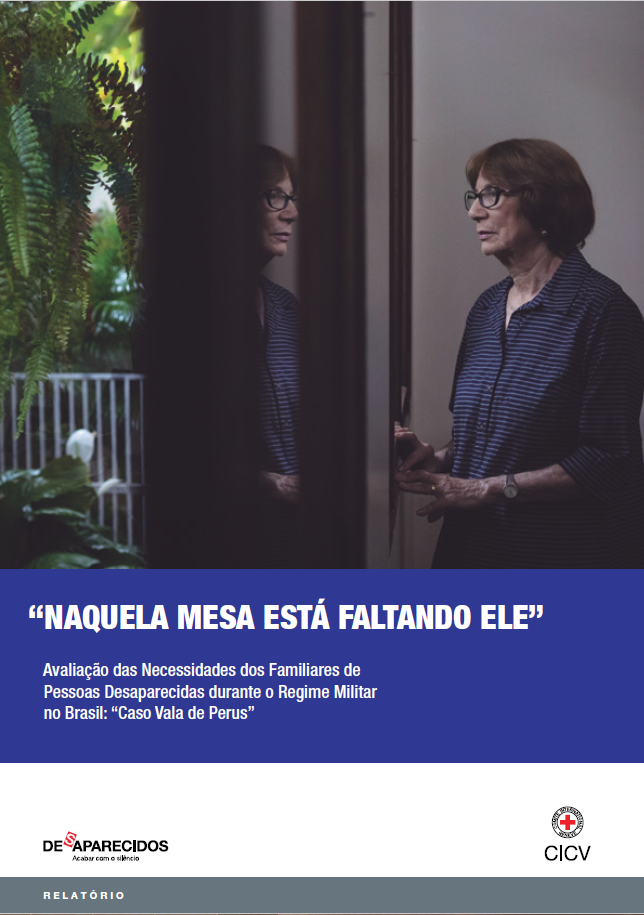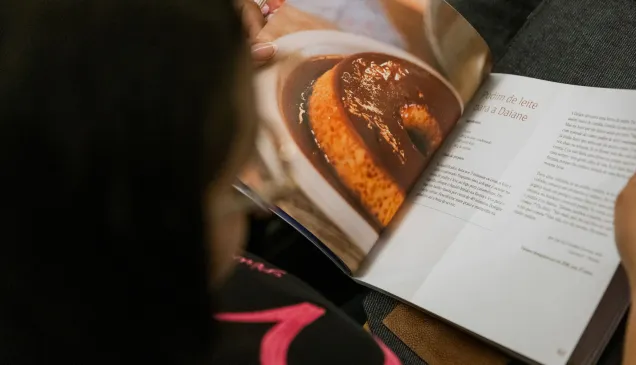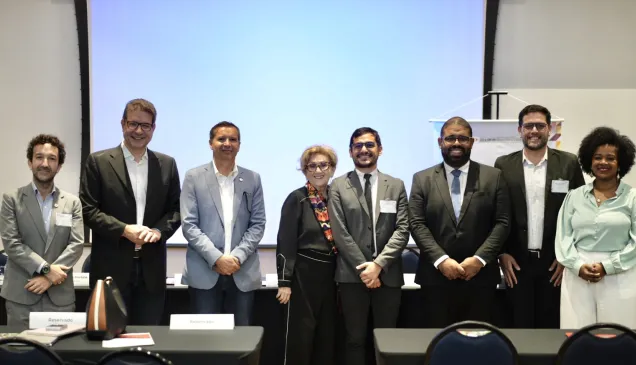Brazil: Meeting of relatives of missing persons marks publication of Family Needs Assessment report

The report describes the needs, the challenges and the expectations of the families of missing persons related to the "Vala de Perus" case.
Relatives of missing persons visit the lab where the remains associated with the "Vala de Perus" case are stored. Photo: Marizilda Cruppe/ICRC.
It's a sorrow that you cannot easily overcome since you're always expecting to find out what really happened.
Olga Miranda (missing person's relative).
Throughout 2016, the International Committee of the Red Cross (ICRC) conducted a needs assessment among relatives of persons who went missing during the military regime, suspected to be associated to the "Vala de Perus" (mass grave located in a cemetery of Sao Paulo, from which unidentified human remains where exhumed in an attempt to locate sought persons). Fifty-eight (58) family members related to 32 missing persons were interviewed. As part of the assessment, the ICRC collected first-hand information from concerned families, in order to understand their current situation, challenges, needs, and expectations. The assessment allowed learning about and reflecting on the priorities expressed by the families themselves, to relay their message to the authorities and to present adjusted recommendations to the latter.
"The report expands on and directly conveys the message of the families and demonstrates that even after more than 40 years of the disappearance of their loved ones, families have specific needs that must be met. The State and the public must step up efforts to support families and to respond to their needs," said Cleber Kemper, responsible for the ICRC's Missing Persons and Their Families Program.
On December 15 and 16, the 5th Meeting of Relatives of Missing Persons related to the "Vala de Perus" case was held in Sao Paulo. During the event, the ICRC informed the relatives of the decision to publish the family needs assessment report (titled "Naquela Mesa Está Faltando Ele", "At that table, he is missing" in English), following the request of authorities and upon consultation of interviewees. "This is fundamental so that we can start promoting the discussion about missing persons as a whole, at the national level", said Cristina Schein, Ministry of Human Rights' Special Committee on Deaths and Disappearances for Political Reasons' Coordinator.
According to the report, relatives of missing persons' priorities include, for example, the need to know what happened to their loved ones (62%) and to recover and identify their remains (57%). According to ICRC Protection Coordinator Marianne Pecassou, "Families are the best positioned to discuss their own needs."
During the meeting, relatives of missing persons also visited the laboratory where the human remains exhumed from the "Vala de Perus" are stored, and received information about the forensic identification process. In addition, they participated in activities focused on experience and memory sharing. "I felt happy. I couldn't feel more comfortable. I felt that one of those is my brother," said Altair Vasconcelos (missing person's relative), while visiting the forensic laboratory.
(The report) is also an eye-opening insight into the needs of a group of people that have never been heard.
Samantha Pereira (missing person's relative).
----------------------
As a neutral, independent and impartial humanitarian organization, the ICRC does humanitarian work regarding missing persons and their family members in various parts of the world as it believes that all people, without distinction, have the right to know the fate and whereabouts of their loved ones and to have an adequate response to the humanitarian needs resulting from their disappearance.




